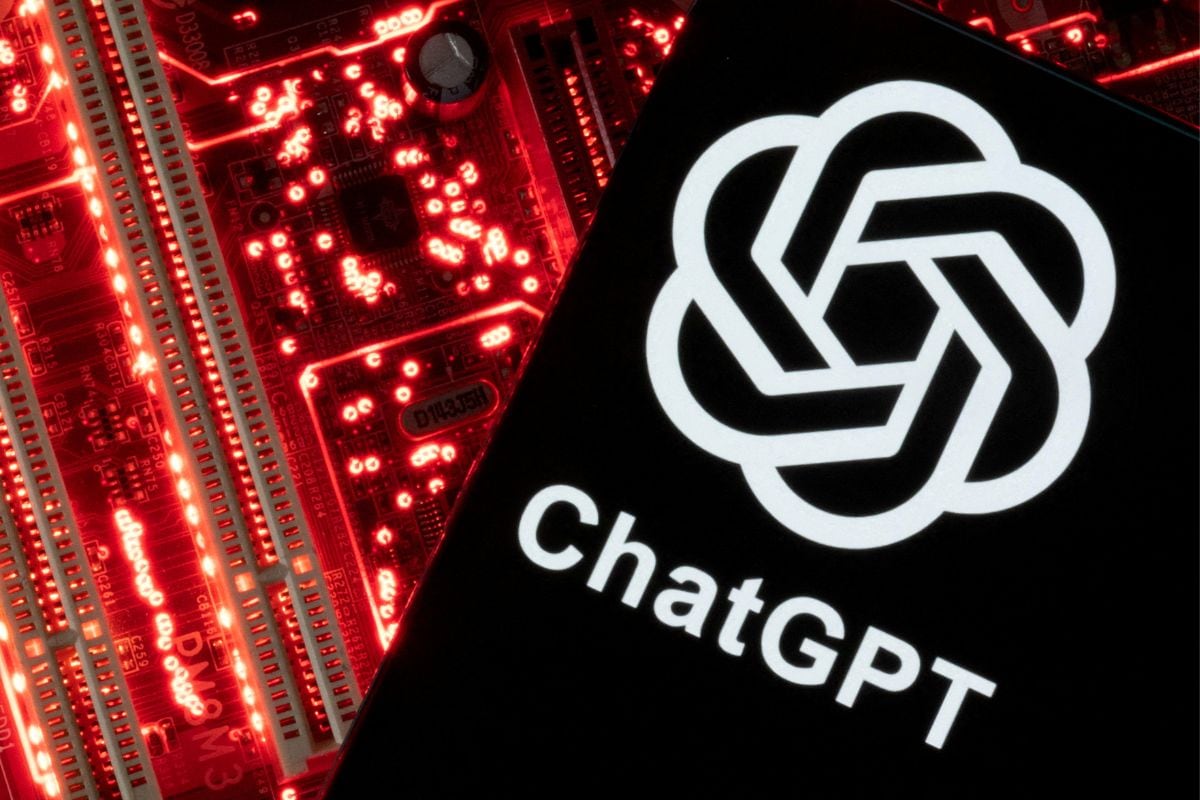Humans Talking and sound like ai chatgpt say
The researcher watched and analyzed and analyzed more than 3,60,000 YouTube videos and 7,71,000 podcast episodes before and after the release of Chatgpt to find out the frequency of some GPT words. The results revealed that since the chat GPT has become popular, people are using some words more often which are usually seen in the text prepared by AI. The study published in the preprint server Arxiv has revealed that after the arrival of Chatgpt, humans have seen a major growth in the use of the most shown words such as delv, comprehensive, bost, swift and meticulus.
This shows that machines usually learn from human data and later provide them with their features. They can give human culture differently in a way. It is a symbol of a new beginning in which information is broadcast between humans and machines in a biodora manner. However, the first I study showed that AI technology was affecting the communication done by humans. But this is the first time that research has also explained the effect on oral communication.
Cutgpt or any other AI model learns from a large -scale data using websites, books, forums, Wikipedia and other publicly available resources. It is then refined in a new way so that it is useful in learning. Then in the end, the results are some that are going to be used in human life with linguistic levels, which are quite different from the communication of the common man.
Gadgets 360 for Latest Tech News, Smartphone Review and exclusive offer on popular mobiles Android Download the app and us Google News Follow on
Related news
(Tagstotranslate) AI research


